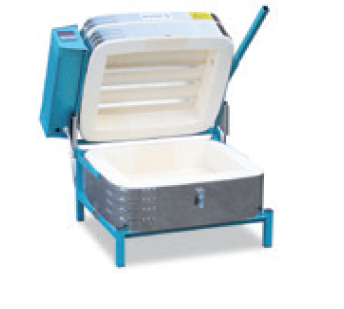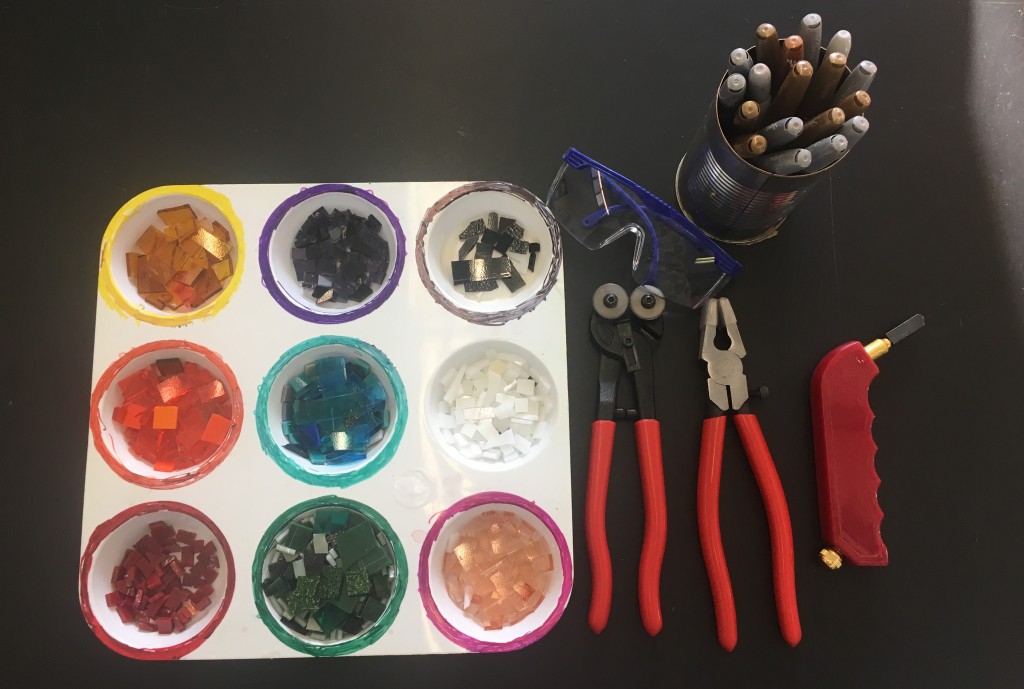Are you an aspiring glass artist? Do you crave a home studio where you can indulge in fusing without having to worry about anything? Purchasing a kiln and other glass fusing supplies can be a great investment for you if you are planning to take your passion to the next level.
However, purchasing a kiln can be a daunting experience especially when you are still a beginner and you have no clue what you’re looking for. There are a plethora of factors to consider as you begin your search.
To make the process a tad less overwhelming for you, we’ve compiled a list of factors to consider for helping you find the kiln that best suits your needs and interests.
Requirements for Glass Fusing Kilns
When buying a kiln, you must be ready to ask yourself a list of the following questions:
● What Size & Number of Pieces Will You Be Making?
This tops our list of requirements when buying a kiln. You will want to be able to fill your kiln to maximize efficiency every time you fire. Therefore, to determine the size of the kiln you should buy, it is imperative to consider not only the dimensions of the pieces you’ll be making but also how many.
● What Kind of Projects are you Planning to Do?
Temperature maximums don’t vary significantly between different glass kiln models due to the fact that glass is a low-fire material. However, you will require different temperatures and firing schedules depending on the project you are making and the techniques you’re planning to undertake.
● What Kind of Space Will you House the Kiln in?
Before you delve into the purchase and decide on kiln size and model, you need to consider the maximum width, length, and height you’re willing to accommodate for. You must also consider the fact that the kiln needs to be a minimum of 12 inches away from any walls.
Apart from these considerations, you must also think about what kind of ventilation the space has and what kind of access to outlets and breakers are available.
● How Much Power Can You Spare?
The bigger the size of the kiln is, the more energy is required to run it. So, before bringing in the kiln, you must try to match the ampere and voltage requirements for your desired kiln to what you have available in the space you’ll be keeping it in.
You will have to make further investments in the installation, if you decide on a kiln that has higher energy requirements.
A Few Other Factors to Consider During the Purchase
It’s always good to have a list of characteristics and specific qualities to look for when purchasing a kiln. We are here to give you an overview of attributes to consider.

➢ Heat Distribution in the Kiln
This is undeniably one of the most significant factors to consider when buying a kiln. Glass rarely fires over 1700 degrees Fahrenheit unlike other materials that you typically use in kilns. Heat distribution is extremely important for fused glass firing as glass is a low-fire material.
Sure, you can fire glass projects in a ceramics kiln and you can purchase it if you want to create art in different mediums. However, they typically have side elements. If you buy a glass kiln, it will not only radiate heat from the sides, but from the top of the kiln as well.
This aids in countering glass’ sensitivity to variation in temperature. Also, better heat distribution is conducted in shallower kilns. You must consider the depth of your kiln before buying.
➢ Voltage & Amperes
Electricity and voltage are also the factors you must consider when purchasing a kiln. The voltage of a normal household is 120V. Voltage might not be an issue if you are planning to buy smaller kilns. However, if you want to delve in larger ones, you must consult your electrician as they will require 240V.
Also, you must also ensure you have a breaker to meet the amperage requirements for your olympic kiln.
➢ Types of Controller
Most models of the kilns come with different types of controllers. If you choose the most basic kilns, they come with manual controls. You will be expected to start the kiln at the lowest setting and take charge of all the temperature changes.
Sure, this process requires more effort, but it will offer you the flexibility to regulate the firing process. They come with electrical controls as well. Sure, they are more expensive but they are easier to operate. The best thing is that they regulate temperatures independently.
➢ Placement & Locational Needs
Considering the location where you’ll place the kiln is imperative, It determines the necessity of certain kiln attributes. If you are thinking of placing your kiln in a place that is frequently populated, considering ventilation needs is imperative.
You must make sure your kiln is near a window, and choose the model with good venting systems.
The Takeaway
Now that you know what to look for in a kiln, you must waste no time in getting the one that best fits your needs. We hope that we could help you find a glass fusing kiln you need to take your passion to the next level.
If you need any more assistance regarding glass casting supplies or other products, feel free to get in touch with us. We wish you all the best for your thriving art studio.

